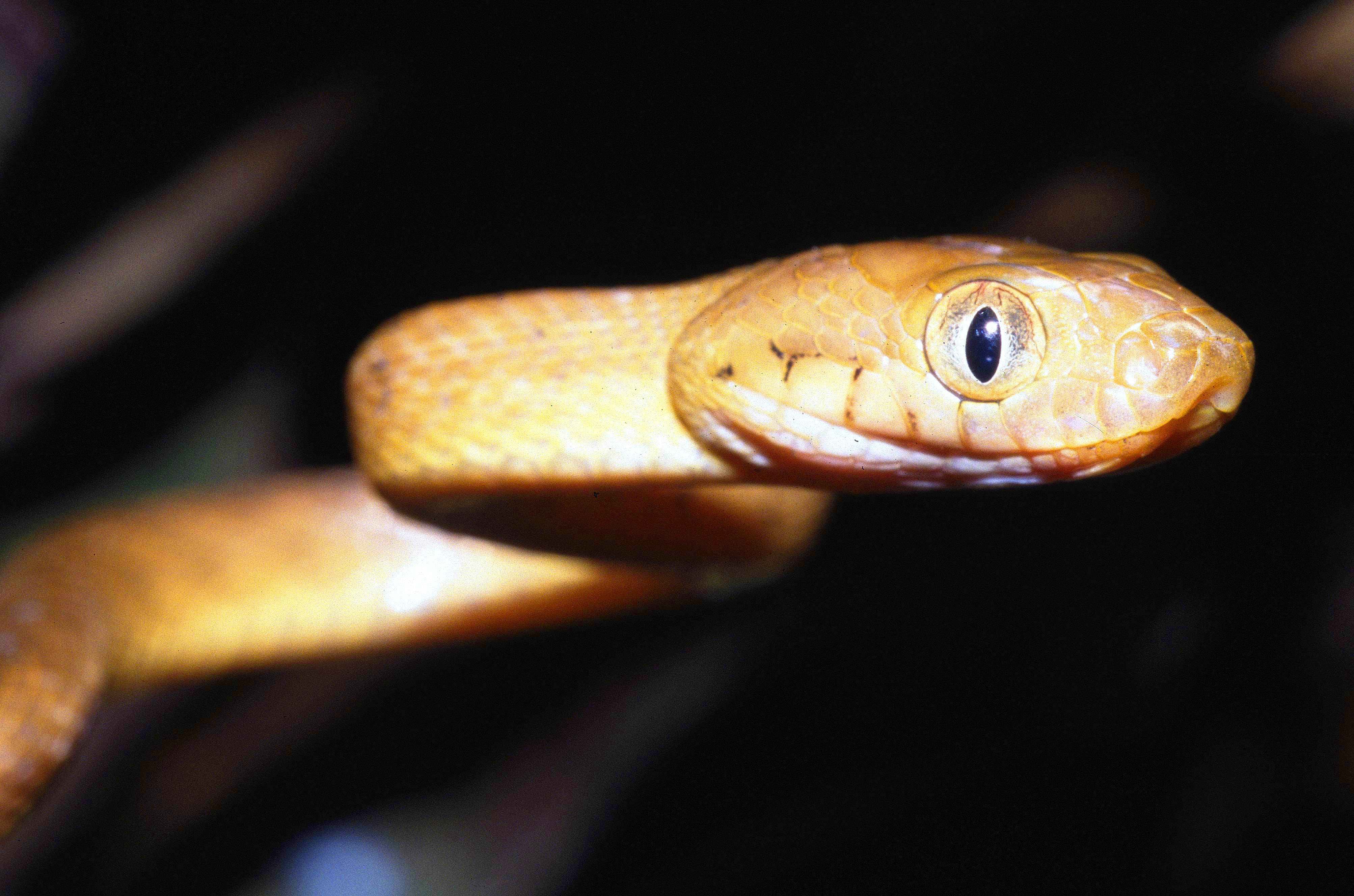Your salad might bring an unwanted guest to the dinner table
A new study finds that bagged and canned produce can occasionally (but rarely) come with a side of frog, lizard, bird, or rodent
As I was perusing Twitter the other day, a story from Vice titled, "Your Bagged Salad is Full of Frogs," caught my eye. The piece opens with the tale of a California woman who found a little frog in her salad bowl. She (understandably) freaked out, but in a heartwarming twist, she and her husband cleaned the little guy off and built him a terrarium so he can live out his days with them in their home. They dubbed the frog "Lucky."
This story is just one in a newly published dataset of the prevalence of vertebrates in produce sold in the U.S. between 2003-2018. The research, led by Daniel Hughes of the University of Illinois and published this month in Science of the Total Environment, is unique in that it uses online media reports of cases like Lucky's to explore how human-wildlife conflict in our agricultural systems can impact food safety.

Unpleasant as it sounds, bagged salads can include surprise guests like frogs, rodents, and snakes. Check your food before you eat it!
Agricultural fields may appear monotonous from our point of view, but they're still habitat for wild animals like frogs, lizards, and rodents. Harvesting is now mostly automated, which is highly efficient but also means that there is no human being watching out for small animals that might be scooped up in the process. Rarely, these animals can make it into our food. To figure out just how common this is, Hughes searched the web and logged all stories he found with keywords like "frog," "mouse," "snake," "fish," bird" combined with produce items like "salad," "lettuce," "mixed greens," and "vegetable."
The search turned up 40 cases of animals or animal parts in produce products between 2003-2018. These included 21 amphibians (frogs and toads), nine reptiles (lizards and snakes), seven mammals (mostly rodents, with one bat) and three birds. Nearly 75% of these were in conventional produce, as opposed to organic, which was the opposite of what Hughes expected, and the majority of cases were found in bagged produce.
This is gross and shocking, but it's important to keep these 40 cases in perspective: Americans eat 11 pounds of green/red leaf and Romaine lettuce per person per year, and so a very, very small percentage of bagged salads come complete with an animal surprise. Even so, it is a good idea to thoroughly check produce for unwanted hangers-on before you eat it. Who knows - you might even end up with a new pet!